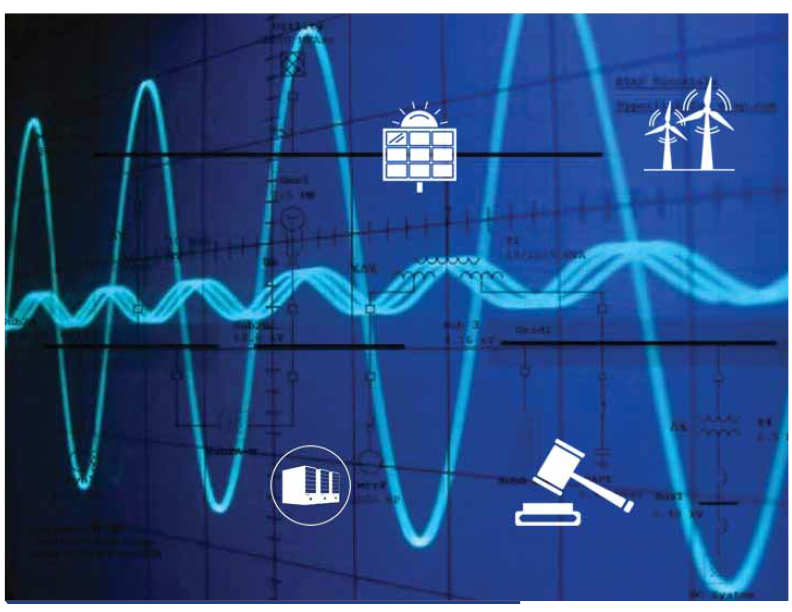What are the factors that affect power quality?
What exactly is power quality?
Power quality refers to how closely the electrical power delivered to appliances or equipment corresponds to an ideal supply. Power quality problems are generally caused by variances in a power system’s voltage, current, and frequency from optimum levels.
Why Is Power Quality Important?
Poor power quality can have the following effects on electrical loads connected to a power system:
It may result in greater energy prices.
Due to equipment failures, it may necessitate more regular maintenance.
It can result in unstable device functioning (possibly a complete failure).
Several essential metrics may be used to define power quality in any given system, including voltage and frequency values, power factor, electrical harmonics, and output waveform.

How Can Power Quality Be Improved?
Harmonics in power systems can be reduced using line reactors, harmonic trap filters, and broadband filters. All three are inductive components with the ability to absorb harmonic distortion.
Voltage clamping or surge protection devices can be used to reduce transient voltages. These devices are typically linked to the power supply in parallel with the electrical load being safeguarded.
When an overvoltage occurs, the surge protection device will either direct the excess voltage to earth (known as common mode) or spread the overvoltage among the live wires (known as differential mode).
The next two sections go into further detail on enhancing power quality.
Monitoring and Evaluation
The most efficient strategy to enhance power supply quality in a specific location is to first collect data on the various loads connected to the system.
Power quality monitoring and analysis may be accomplished using a variety of technologies. A power analyser is one such device: a particular test and monitoring equipment used to record and study the supply to disclose the behavior of essential energy criteria such as output voltage, current, and frequency.
Power System Security
Circuit breakers are automated switching devices that open a circuit in the case of an overcurrent condition, preventing excess energy from passing through and damaging any equipment.
Circuit breakers are meant to trip automatically, but they must be reset manually after a trip. In contrast, a fuse bursts to open a circuit when an overcurrent. Fuse, unlike circuit breakers, is a one-time use protective device that cannot be reused.



